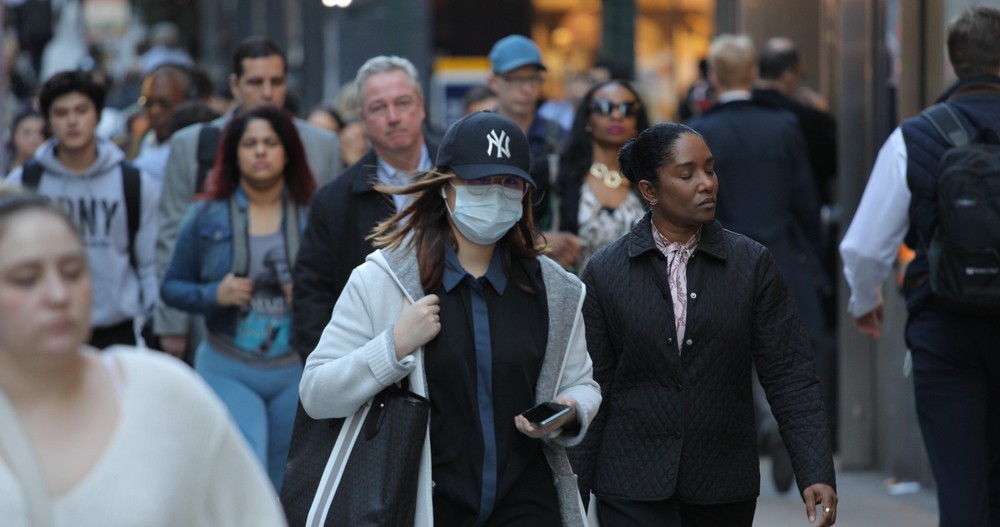Key Takeaways:
– The Food and Drug Administration(FDA) has announced that the expiration dates of many COVID-19 rapid antigen tests may be extended.
– COVID-19 rapid antigen tests, typically providing results within 15 minutes, allow the public to screen themselves for SARS-CoV-2 infections.
– Redistribution or extension of expiration dates occurs when test manufacturers provide data demonstrating a longer than previously expected shelf life.
– Timely testing is vital as respiratory virus season looms with an anticipated rise in COVID-19 or RSV infections.
The Changing Shelf Life of Rapid COVID-19 Tests
As a majority of us are well-stocked with COVID-19 rapid antigen tests, it’s crucial to note that their expiration dates might have altered recently. In a surprising revelation, the FDA proclaimed those expiration dates are open to modification. The regulatory body has availed a list of tests whose expiration dates have been prolonged.
Understanding COVID-19 Rapid Antigen Tests
These antigen tests empower individuals to check for SARS-CoV-2 infections without medical professionals’ assistance. Characteristically, these tests put forth either positive or negative results in a matter of 15 minutes.
Information about shelf life, the duration the test is anticipated to operate embodying its full accuracy, and expiry date, the last day the test will function correctly, are outlined on the test box. This is of immense importance as it helps gauge the reliability of the test results.
Expiry Dates: More Elastic than Envisaged
The FDA has clarified that the stable life of these tests could extend past their stated expiration dates. The agency comes to this conclusion when the test producer provides data indicating the shelf life surpasses the initial projection.
Test manufacturers endeavor to determine their product’s shelf life through extensive stability testing. This process, however, can be extensive. So, to expedite the access to these necessary resources, the FDA typically assigns a shelf life of four to six months to these tests, based on preliminary data. Ultimately, if stability testing reveals a longer shelf life, the manufacturers reach out to the FDA to update the expiration dates.
When to Utilize the Rapid COVID Tests?
Indeed, it might be puzzling to discern precisely when to resort to one of these tests. The best approach is to use them sooner rather than later for the sake of safety. The FDA recommends testing when initial symptoms manifest, such as difficulty breathing, fever, chills, sore throat, congestion, novelty in loss of taste and smell, or issues like nausea and vomiting. Headaches, body aches, and diarrhea are also indicators to watch out for.
The Upcoming Respiratory Virus Season
It’s important to note that the respiratory virus season is around the corner. The probability of COVID-19 or Respiratory Syncytial Virus (RSV) infections is likely to escalate in this era. Being mindful of these potential signs of infection becomes crucial during these times. It’s essential to withhold from social interaction and remain home in case of illness, even if a rapid test isn’t immediately available.
In Conclusion
Given the importance of rapid antigen tests in controlling and managing the spread of COVID-19, the extension of their shelf life by the FDA is a crucial development. It ensures these valuable resources remain accessible and convenient for the populace, thereby aiding in the ongoing fight against this global health challenge.
